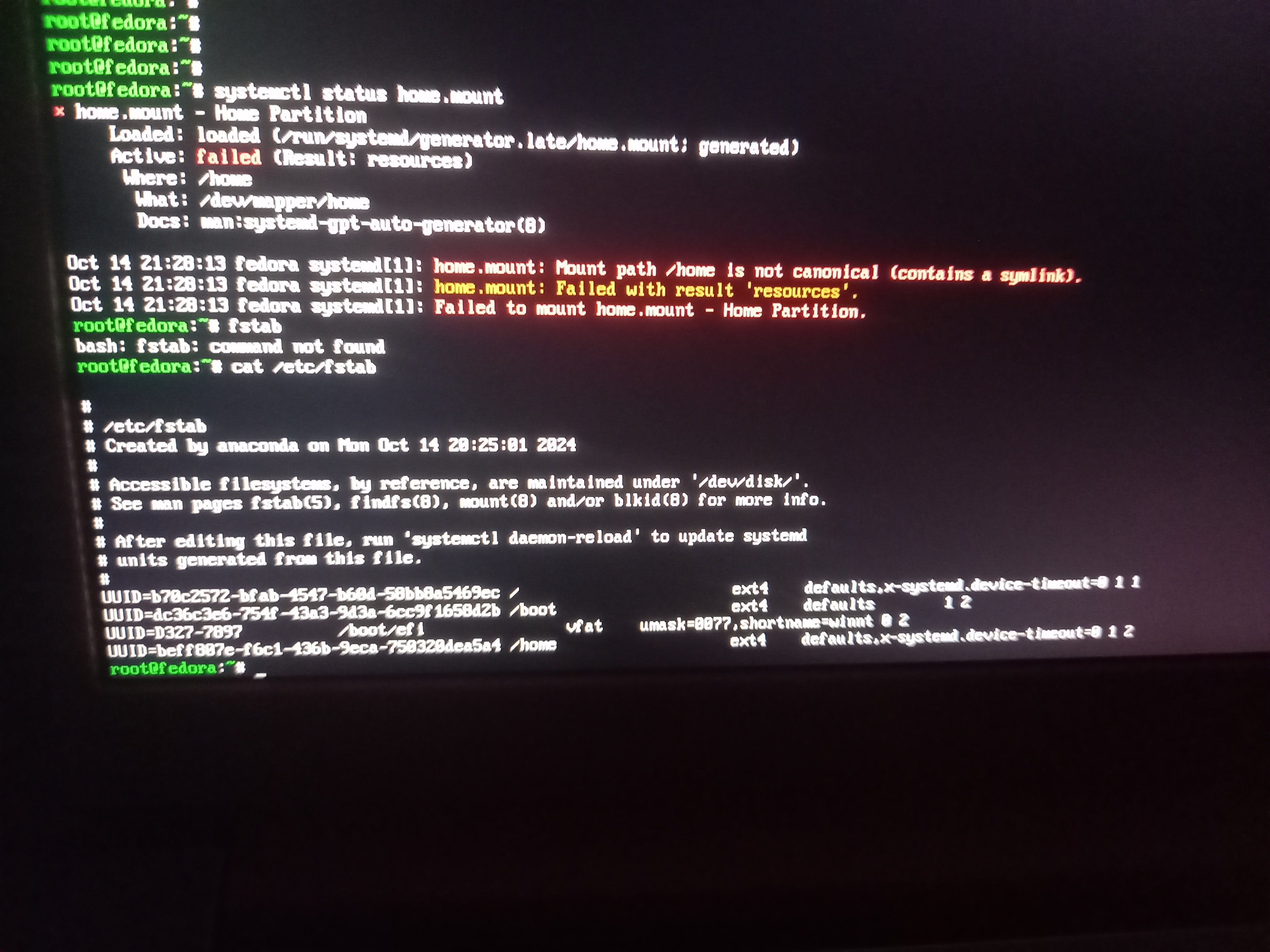this post was submitted on 14 Oct 2024
61 points (98.4% liked)
Linux
55918 readers
423 users here now
From Wikipedia, the free encyclopedia
Linux is a family of open source Unix-like operating systems based on the Linux kernel, an operating system kernel first released on September 17, 1991 by Linus Torvalds. Linux is typically packaged in a Linux distribution (or distro for short).
Distributions include the Linux kernel and supporting system software and libraries, many of which are provided by the GNU Project. Many Linux distributions use the word "Linux" in their name, but the Free Software Foundation uses the name GNU/Linux to emphasize the importance of GNU software, causing some controversy.
Rules
- Posts must be relevant to operating systems running the Linux kernel. GNU/Linux or otherwise.
- No misinformation
- No NSFW content
- No hate speech, bigotry, etc
Related Communities
Community icon by Alpár-Etele Méder, licensed under CC BY 3.0
founded 6 years ago
MODERATORS
you are viewing a single comment's thread
view the rest of the comments
view the rest of the comments

There well may be hardware issues, but with ext4 it rarely corrupts the entire file system. You might end up with some data not flushed so you'll have some inodes that don't point to anything that you'll remove with fsck upon boot, but btrfs, I've had it corrupt and lose the entire file system. I've used ext2-through-ext4 for as long as they've existed and never lost a file system though back in the ext2 days I had to hand repair them a few times, but ext2 was sufficiently simple that that was not difficult, but within two weeks of turning up a btrfs file system it shit itself in ways I could not recover anything, the entire file system was lost. If I did not have backups, which of course I always do, I would have been completely fuxored. It is my opinion that btrfs and xfs, both of which have advantages, are also both not sufficiently stable for production use.